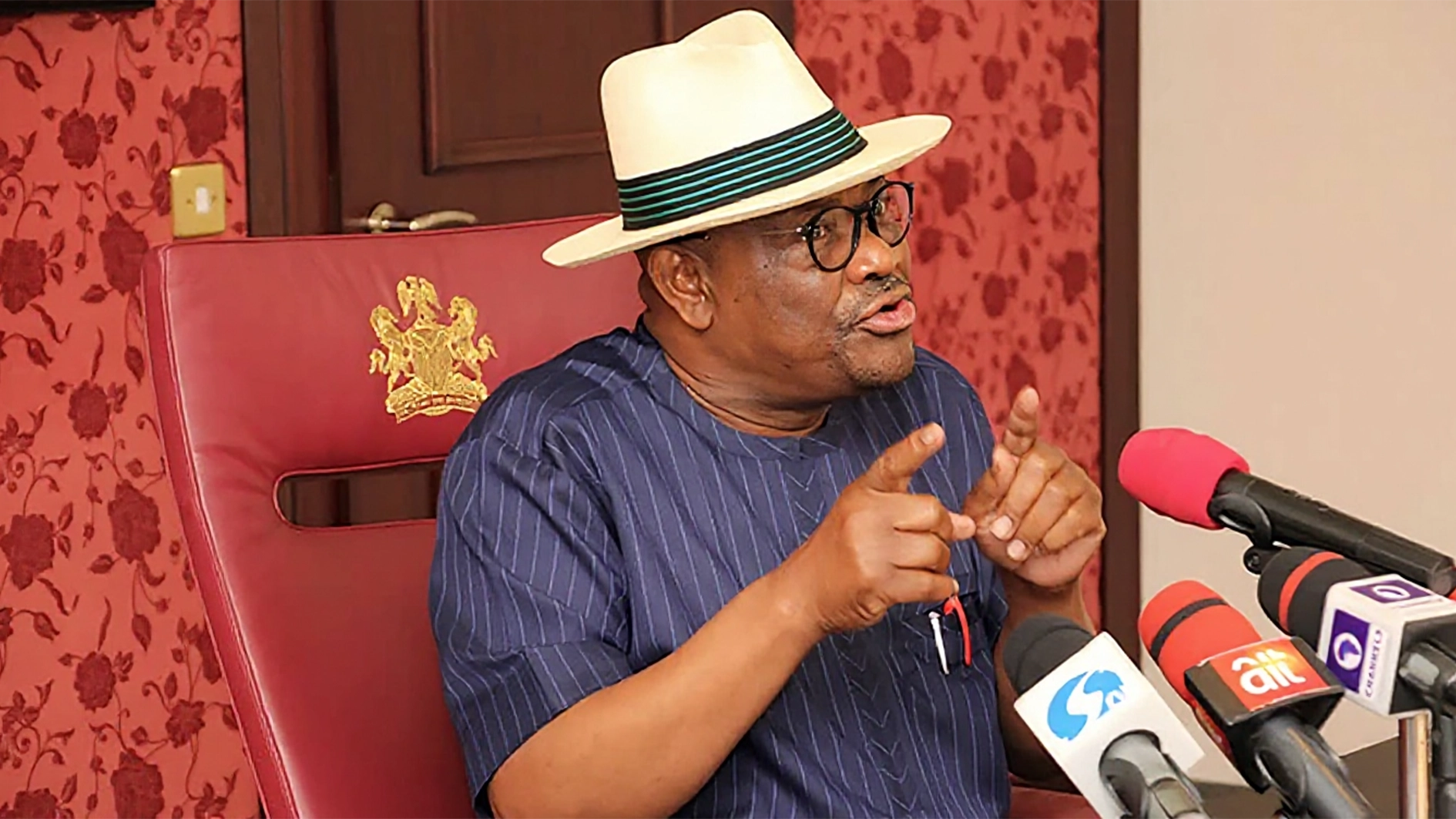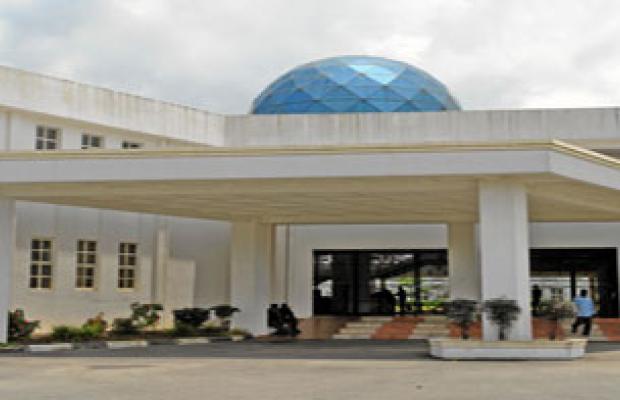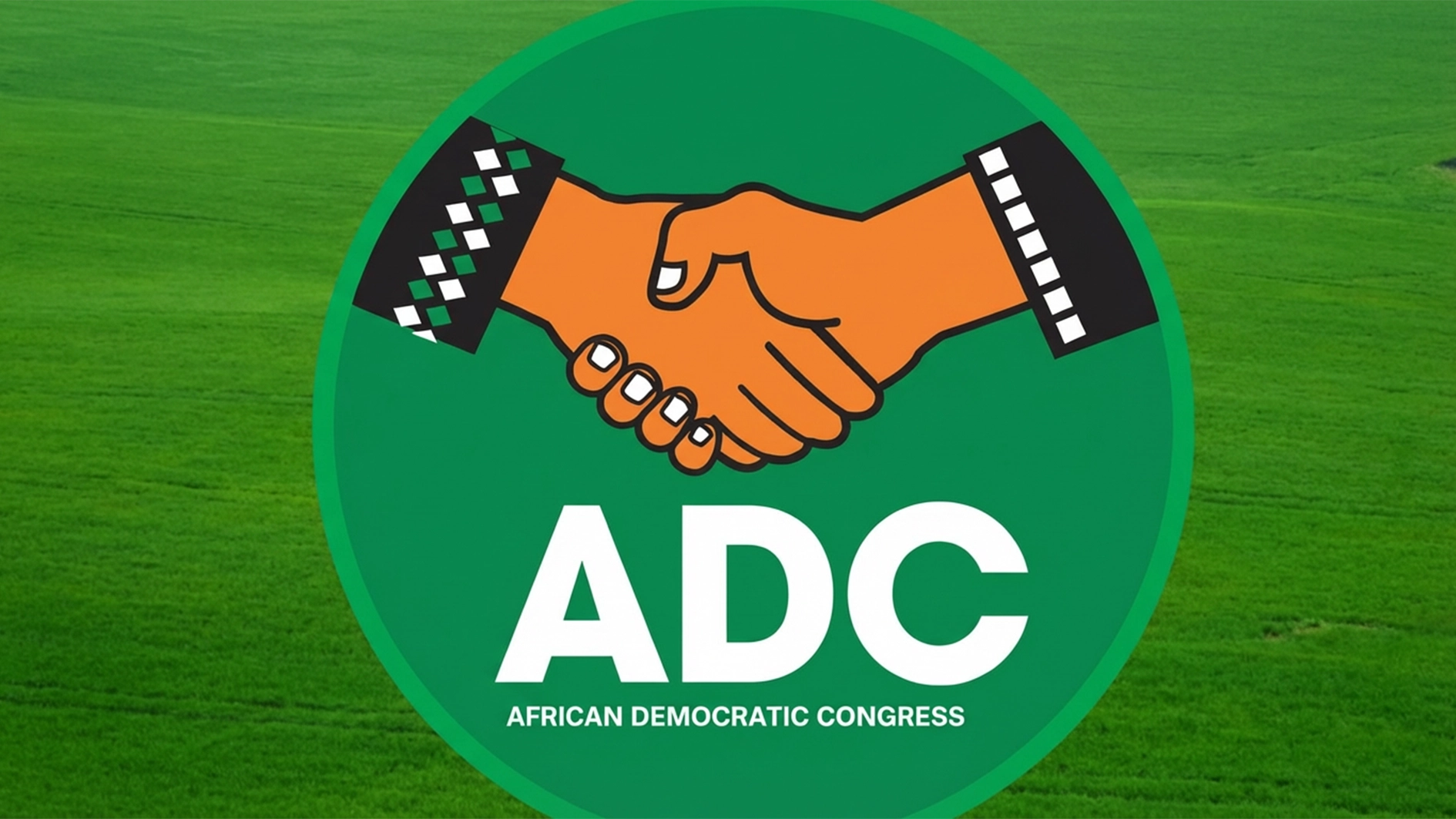 Echoes of the Tax Reform Bills reverberated during the recent youth town hall interactive session on the 2025 budget convened by the House of Representatives.
Echoes of the Tax Reform Bills reverberated during the recent youth town hall interactive session on the 2025 budget convened by the House of Representatives.
The Tax Reform Bills, which has sparked widespread debates across Nigeria, are among the 1,351 bills introduced on the floor of the House within the past 18 months, marking the highest number presented in any first session since 1999.
The Speaker of the House, Tajudeen Abbas, who led the panel, fielded questions from the audience on the economy, security, education, health, youths, and people living with disabilities, among others.
He disclosed that 11 per cent of the bills sponsored by members of the House in 2024 dwelt on infrastructure.
Acknowledging the challenges associated with fixing the infrastructural deficit in the polity, he stressed the need for the government to shore up its revenue.
Though there was no mention of the Tax Reform Bills, observers believe that the Speaker, who decried the appalling level of revenue earnings during the 2024 budget presentation by President Bola Ahmed Tinubu, was calling for a rethink on the bills’ consideration kept in abeyance as a result of reservations expressed by critical stakeholders, which include the Northern Governors’ Forum (NGF) .
“For us to expand our infrastructure, we need to expand our revenue base. That is the number one area where we must work. Unless we have enough revenue, we cannot be able to build our infrastructure the way we want,” he stated.
The Speaker had described the budgetary estimates of N49.7 trillion as really ambitious and commendable, noting that the projections of 4.6 per cent GDP growth, a crude oil price of $75 per barrel, an exchange rate of N1,400 to the dollar, and oil production of 2.06 million barrels per day are bold but achievable.
However, he remarked that Nigeria’s fiscal realities warrant critical reflection since the 2024 national budget of $36.7 billion remains modest compared to countries like South Africa with a budget of $160 billion for its 60 million citizens; Egypt with $110 billion for 110 million people; Algeria, with $60 billion for 45 million people; and Morocco with $50 billion for its 37 million residents.
The Speaker particularly expressed concern that Nigeria’s low tax revenue remains a major constraint, arguing that the tax-to-GDP ratio, currently at approximately 10.9 per cent for 2024, is among the lowest in Africa, significantly below the continental average of 15.6 per cent .
He added that in comparison, South Africa’s tax-to-GDP ratio stands at 25.4 per cent, while Rwanda and Ghana with much smaller populations report ratios of 15.1 per cent and 14.1 per cent respectively.
“Even our VAT collection efficiency – at approximately 20 per cent – is notably below the near 70 per cent efficiency achieved by South Africa, Equatorial Guinea, and Zambia,” he stressed.
Expressing the resolve of the lower chamber to engage stakeholders to address concerns raised on the Tax Reform Bills aimed at fostering trust and cooperation, the Speaker acknowledged that “addressing these challenges requires urgent and comprehensive tax reforms to broaden our tax base, improve compliance, streamline administration and reduce reliance on borrowing.”
Giving an account of the activities of the House so far, Abbas said that between July 2023 and December 2024, 89 bills were successfully passed. Noteworthy among these are the Electricity Act (Amendment) Bill, 2023, which encourages investment in renewable energy and enhances the power sector’s efficiency; the Federal Audit Service Act (Amendment) Bill, 2023, which strengthens financial oversight and combats corruption; the Administration of Criminal Justice Act (Repeal and Enactment) Bill, 2023, which modernises the nation’s criminal justice system to ensure fairness and uphold human rights; and the Control of Small Arms and Light Weapons Bill, 2023, aimed at bolstering national security and curbing violence.
The speaker added: “Moreover, we have made significant advances in regional and sectoral development.
“Others are the Niger Delta Development Commission Act (Amendment) Bill, 2023; the South East Development Commission (Establishment) Bill, 2023 which prioritise regional development and socio-economic growth; the Nigerian Medical Research Council (Establishment) Bill, 2023 that fosters advancements in healthcare delivery. Social sector reforms include the Federal Fire and Rescue Service Bill, 2023; enhancing emergency response capabilities, and the Student Loans (Access to Higher Education) Act, 2024, addressing barriers to accessing tertiary education. The House has consistently demonstrated its commitment to oversight and public engagement.
“By July 2024, the House committees had conducted numerous public hearings, processing a total of 679 motions of which 672 were referred to committees for further action, reflecting a vigorous legislative process. Furthermore, committees undertook 107 oversight visits to Ministries, Departments and Agencies (MDAs), ensuring accountability and alignment with our legislative goals.
“Over the past year, the House addressed 240 public petitions and resolved 40 cases, highlighting our responsiveness to the concerns of citizens. The 10th House has played a vital role in mediating conflicts, notably facilitating dialogues with the Nigerian Labour Congress (NLC) to avert nationwide strikes, resolving disputes with the Nigerian Teachers Union to minimise disruptions in the education sector, and engaging with the Nigerian Medical Association to address crucial healthcare issues.
“The House championed increased representation of women in governance and partnered with organisations such as UN Women to promote gender equality. On October 10, 2024, in a symbolic gesture, the Speaker vacated his seat for a 16-year-old girl to commemorate the International Day of the Girl Child while the constitutional review committee, led by the Deputy Speaker, continues its engagement with stakeholders on pivotal issues, including local government autonomy, electoral reform, and judicial independence.”
The Speaker recalled how he promised Nigerian youths at an engagement in July that the House would engage with them twice a year, a promise which has been fulfilled through the two separate town hall meetings held on July 31 and December 16, 2024.
Members of the panel also informed Nigerians how the House has introduced sign language during the plenary to communicate its proceedings to more Nigerians, especially those with hearing difficulties.
While disclosing plans for youth and gender-friendly budgets, the lawmakers assured the audience of more engagements with all stakeholders.
The live interactive session was televised live on key television stations in Nigeria, the first of its kind in the history of the National Assembly. And the Speaker made a promise to have such engagement twice a year to prioritise “speaking with the people” as against only “speaking for the people” in line with the need for inclusivity and open parliament, which is in tandem with the legislative agenda of the 10th House of Representatives.
The Speaker engaged the citizens in company with the Deputy Speaker, Benjamin Okezie Kalu; Majority Leader, Julius Ihonvbere; Deputy Majority Leader, Abdullahi Ibrahim Halims; Minority Leader, Kingsley Chinda; Chairperson, Commonwealth Women Parliamentarians (CWP), Zainab Gimba, and Chairman, House Committee on Healthcare Institutions, Patrick Umoh.
Stakeholders at the session included a delegation from the Nigerian Institute of Public Relations (NIPR) led by the President, Dr. Ike Neliaku; the President of the Nigeria Union of Journalists (NUJ), Alhassan Yahya; representative of the Guild of Corporate Online Publishers (GOCOP), Kemi Yesufu; NUJ chairperson, Abuja Chapter, Grace Ike; the chairman, Albino Foundation, Jake Epelle; Speaker of the Nigerian Youth Parliament, Dr. Azeezat Yishau; representatives of the Supreme Council for Islamic Affairs and the Christian Association of Nigeria; civil societies; representatives of traditional rulers, among others.
Former speakers of the House, Patricia Olubunmi Etteh and Yakubu Dogara as well as an ex-deputy speaker, Babangida Nguroje, were in attendance.
In her remarks, Etteh noted that the House has achieved a lot within the last 18 months, saying such achievements should be communicated to Nigerians, especially those in rural communities, in their local languages; adding that there is the need for more women in governance and leadership positions through the instrument of the law.
Dogara, who spoke in the same vein, said there was the need to have more engagements with the citizens since they remain the cornerstone of democracy, which is why getting their inputs in legislative activities is crucial to the sustain of representation.
With President Tinubu’s willingness to make concessions to address some concerns, particularly over the VAT component of the Tax Reform Bills, it is left to be seen how far the House of Representatives would get the buy in of stakeholders to get the proposed legislations scale through the hurdles.






